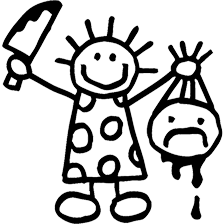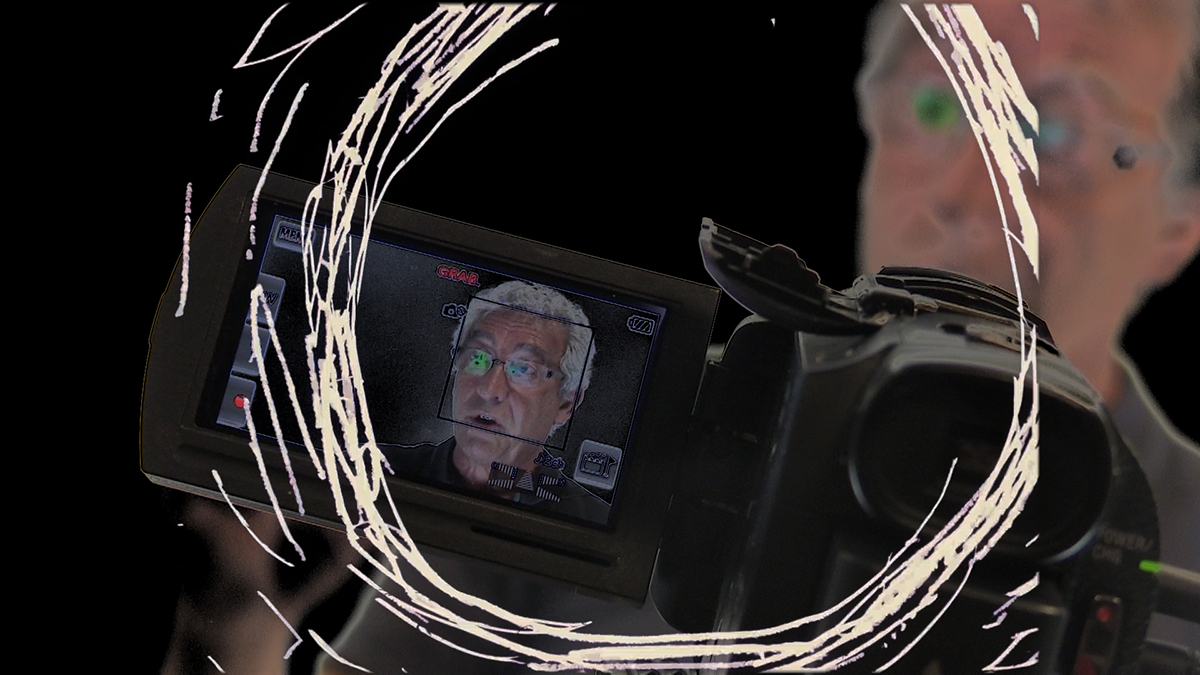session 9.
IOSU DEL MORAL
Iosu del Moral is Basque, born in 1980 in Donostia San Sebastián. He studied Humanities at university and graduated in Geography and History. A social and local activist, he has lived a range of political experiences as a militant for Antikapitalistak Euskal Herria and the Fourth International. He contributes his writing regularly to various periodicals such as Gara Naiz, El Salto, Viento Sur and Poder Popular, among others. As a young man, he was very much involved in the world of urban art and hip hop.
He has a visual impairment and is practically blind, but this has not prevented him from flirting with the world of photography and becoming director and scriptwriter for a range of audiovisual projects. He has created several music videos, a few short feature films such as La cajita and Animal control, and has authored three feature-length documentaries: Kódigo Verso, Amari and Hor Egon Ginen.
presentation
For this session, Iosu del Moral will be presenting his latest documentary, Hor egon ginen / Estuvimos ahí (We were there), which focuses on the experiences of some of the grassroots activists within the Basque anti-Franco movement during the 60s and 70s.
HOR EGON GINEN / ESTUVIMOS AHÍ
2021_68 min
Written and directed by Iosu del Moral
Filmed and edited by Gonzalo Marcuzzi Iglesias
Documenting and production by Manuela Parra Núñez, Iosu del Moral

This documentary relates the experiences of several people who were active in the Basque anti-Franco movement during the 60s and 70s. The film reveals the commitment shown by these people who, despite all their contradictions, risked their lives to fight against the dictatorship and the restrictions to freedom at the time.
Most of these people aren’t mentioned in the history books, nor did they necessarily hold prominent positions within their organisations; they are the activists who made up the clandestine, militant base, at the front line of their neighbourhoods and factories.
In a totalitarian state where war councils, summary judgements and the death penalty by firing squad or garotte were still being used as tools by the Francoist system, which strongly suppressed any discordant voice that could be seen as a threat to the regime’s status quo, young people from all over Euskal Herria made the decision to confront this authoritarianism for the freedom of the people and social justice.
The film highlights the diversity within the anti-Franco movement in Euskal Herria and reveals the heterogeneity of the wide range of groups, organisations and persons who risked everything to bring down the dictatorship. Militants and organisations with different ideologies and identities whose paths crossed and who used their militancy as the base from which to construct a collective vision of anti-Franco struggle for the sake of democracy.
FLUX CLUB celebrates its 12th season at the Antic Teatre and the 21st anniversary of its creation in 2000.
This is a fortnightly video programme that reflects the vitality of video creation in Barcelona. It hosts all kinds of sessions with screenings, video performances, and debates offering direct contact between audiences and video creators. The sessions focus on a range of subjects, from monographics of well-known directors to specific themes such as video dance and video poetry, or collective sessions dedicated to emerging authors.
The programme is open to everything currently going on in the field of video in Barcelona, complementing the FLUX Video Auteur Festival with its content and extending its sphere of influence beyond the dates of the festival, which takes place in December.
HABITUAL VIDEO TEAM is a non-profit association that has as its main objective the promotion of activities related to the visual arts, specifically, video art: www.habitualvideoteam.org.
A fundamental area of their work is the organisation of festivals, cycles and video shows, such as the FLUX Video Auteur Festival: www.fluxfestival.org, and the INFLUX Audiovisual Performing Arts Festival: www.influxfestival.org.
Another area of Habitual Video Team’s activity is video documentation of cultural events mainly related to experimental music and poetry performances. In 2012 they launched the SUMMA project in order to convert this audiovisual heritage (more than 1000 recordings) into a non-profit online video archive: www.summa-hvt.org.



